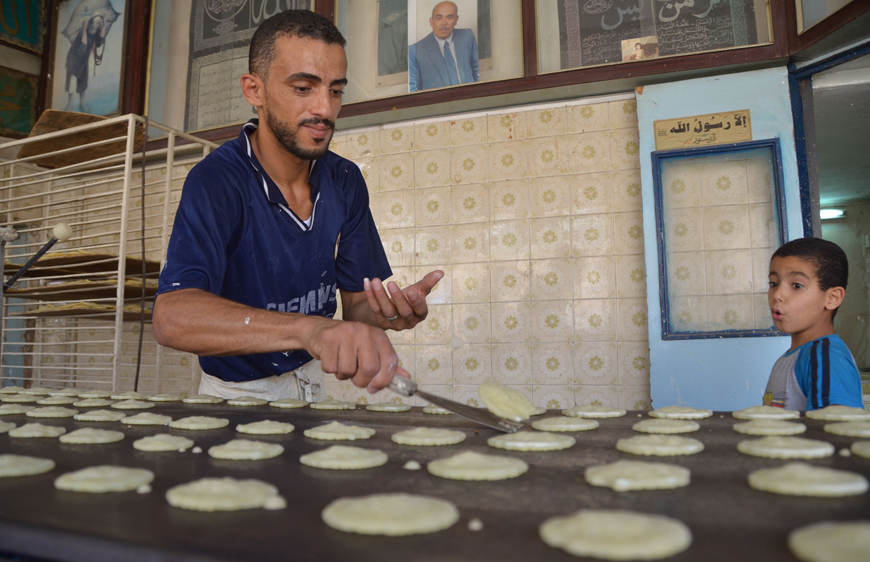AMMAN — The Greater Amman Municipality (GAM) is gearing up for the approach of the fasting month of Ramadan, with a plan to further monitor the safety of foodstuff and setting the regulations for the so-called Ramadan tents.
Muslims abstain from food and drink from dawn until sunset during Ramadan, which starts on June 17 or 18 according to the Islamic lunar calendar.
Mervat Mheirat, director of GAM’s health supervision department, said the municipality already formulated a plan in cooperation with other partners including the Jordan Food and Drug Administration (JFDA) to safeguard public health.
“We will work in three shifts, one in the morning, the second prior to iftar time [when Muslims break their fast] and the third in the evening. The peak period usually starts before iftar,” she told The Jordan Times over the phone on Sunday.
Mheirat noted that most violations usually happen in the hours leading up to iftar because that is when many consumers do their grocery shopping.
The municipality official said the most common violations are in relation to food, juice, cheese and sweets.
“Some vendors also showcase their goods on the pavement and under the sun, which also would have a negative impact on people’s health,” Mheirat added.
She said east Amman records the highest percentage of food violations in the first weeks of Ramadan as it is the main area where juice is sold by street vendors.
“West Amman is the highest in food violations during the last days of Ramadan because of the great number of sweets stores there, as people start buying sweets in preparation for Eid Al Fitr,” she said, in reference to the Muslim feast marking the end of the fasting month.
In the meantime, GAM has set regulations for those seeking to erect tents that serve as outdoor coffee and argileh (water pipe) outlets during Ramadan.
In a statement e-mailed to The Jordan Times, GAM said the governor of Amman and the Ministry of Tourism have first to accept the request to open a tent and opening hours have to be from sunset until the dawn prayer.
Business owners must also pay GAM JD1,000 as a refundable deposit to ensure that they remove their tents one week after the end of the fasting month.
During Ramadan, nightclubs and bars are not allowed to have tents, which have to be affiliated with a formally licensed café, tourist restaurant or hotel, according to the statement.
Under the regulations, owners of these tents can contract singers only if they obtain the approval of the interior or tourism ministries, and they are required to provide parking spaces and services for their customers.
In addition, bakeries are allowed to erect a tent outside their premises to prepare and sell qatayef, the most sought-after sweet dish during Ramadan. Bakeries are not required to pay any fees but have to abide by health standards.
